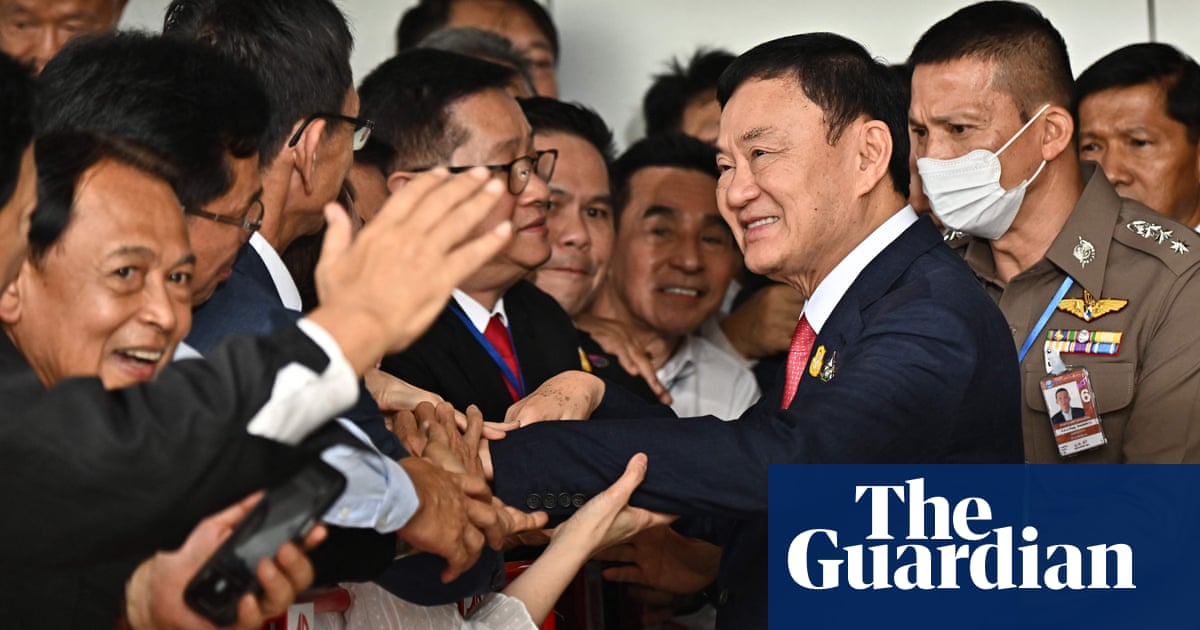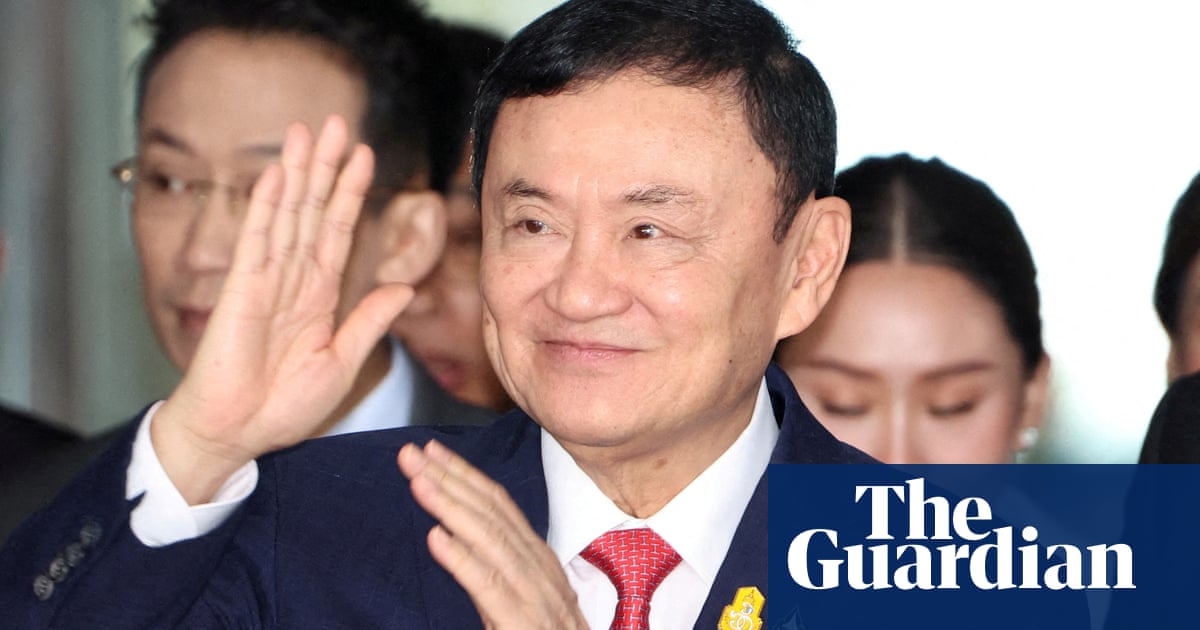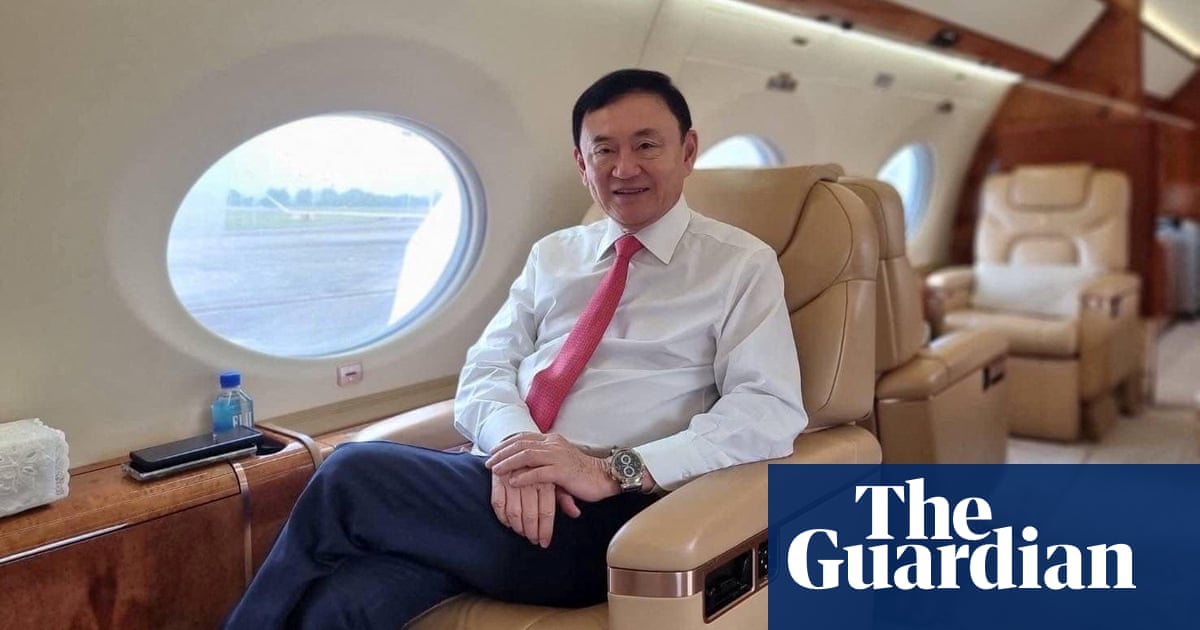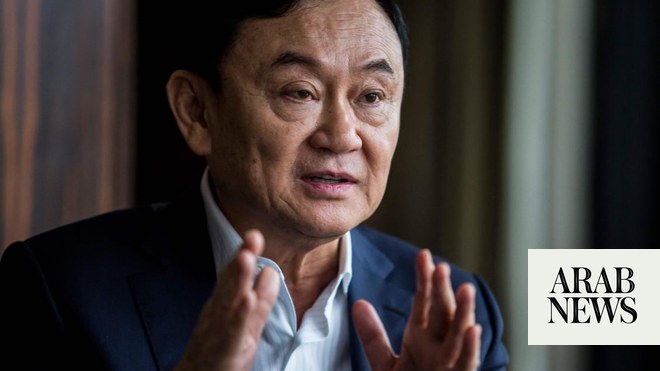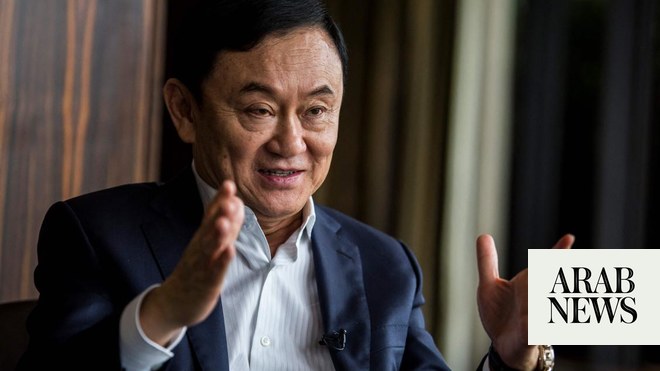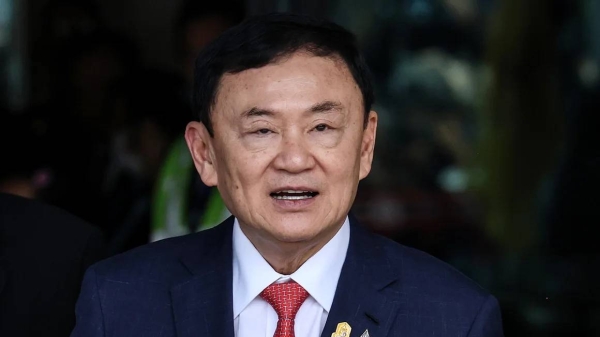
Thailand’s jailed former Prime Minister Thaksin Shinawatra will soon walk free from detention after his parole was approved, according to Thailand’s justice minister, just six months after his dramatic return to the kingdom.
The announcement caps an extraordinary decades-long political saga that will see the return of one of Thailand’s most controversial political figures to everyday life.
Thaksin, the head of a famed political dynasty and a former owner of English premier league soccer club Manchester City, was prime minister from 2001 until he was ousted in a military coup in 2006 while in New York.
He returned to Thailand from a 15-year self-imposed exile on August 22 and was sentenced to eight years in prison for conflict of interest, abuse of power and corruption during his time in power. Thaksin was found guilty of the charges in absentia during his exile.
It soon became clear the returned political figure would not be spending much time behind bars. Just over a week later, Thailand’s King Maha Vajiralongkorn reduced Thaksin’s prison sentence from eight years to one after the billionaire submitted a request for a royal pardon.
On Tuesday, Thailand’s Justice Minister Tawee Sodsong confirmed to CNN Thaksin is one of 930 inmates who have been granted parole this month.
Thaksin, 74, became eligible for parole as he falls into the category of an inmate aged over 70 years old, and or has a serious chronic illness. In addition, he has already served more than half of his sentence, the minister said.
The Corrections Department is working on a date for Thaksin’s release, the minister said.
After his sentencing last year, Thaksin was transferred to a hospital due to chest tightness, high blood pressure and low oxygen levels, according to the Thai Corrections Department.
Throughout his time in power, Thaksin was hugely popular with Thailand’s rural and working class but his policies were anathema to the rich elites and conservatives who accused him of being a dangerous and corrupt populist.
Thaksin’s popularity with a large section of society enabled him to create a political juggernaut that has dominated Thai politics in some form for the past 20 years.
Despite his physical absence in the country, Thaksin retained an outsized influence on Thai politics and has remained at the center of the country’s tumultuous and often violent political landscape.
Until last year, political parties allied to Thaksin had won the most seats in every election since 2001.
Even today, Pheu Thai — the latest party of the powerful Shinawatra political dynasty founded by Thaksin — is in government after entering into a ruling coalition with its former military rivals following the May, 2023 election.
The party’s candidate Strettha Thavisin became Thailand’s 30th prime minister in August, just hours after Thaksin’s return to the country.
Some analysts believe Thaksin may have struck a deal with the country’s powerful conservative and royalist establishment for his return – given his court convictions and the charges against him – in exchange for a reduced jail term, lenient treatment, or a possible pardon.
Thaksin has reportedly denied making such an arrangement.
His release from prison, however, reintroduces a towering and divisive figure to Thailand at a tense political time.
At the same time, Thaksin no longer proves the same threat to the established order compared to newer generations of opposition politicians who have captured huge support among Thailand’s young voters and are now facing their own intense legal difficulties.
After winning the most votes in the 2023 election, progressive party Move Forward was prevented from forming a government over its radical platform that included reforms to the kingdom’s monarchy, a hugely taboo subject.
Last month, a Thai court ruled the party must end its campaign to amend the country’s notoriously strict royal defamation law, saying Move Forward and its leaders, including former prime ministerial hopeful Pita Limjaroenrat, sought to overthrow the constitutional monarchy through their actions.
A petition has now been filed with the Election Commission seeking to dissolve the party – which remains immensely popular with the country’s youth.
In contrast, the Pheu Thai party made clear during campaigning it had no intention of trying to change the lese majeste law, which has been frequently wielded against critics of both the monarchy and the political establishment.
Last week, Reuters reported that Thaksin faces possible lese majeste charges under Thailand’s royal insult law, but it’s unclear whether prosecutors will move forward with the complaint.
Under the law, anyone can bring a complaint and authorities are duty bound to investigate.
In January a Thai appeal court on Thursday extended a man’s prison sentence to a record 50 years for insulting the monarchy, in what is believed to be the toughest penalty ever imposed under the lese majeste law, according to a legal rights group. — CNN




